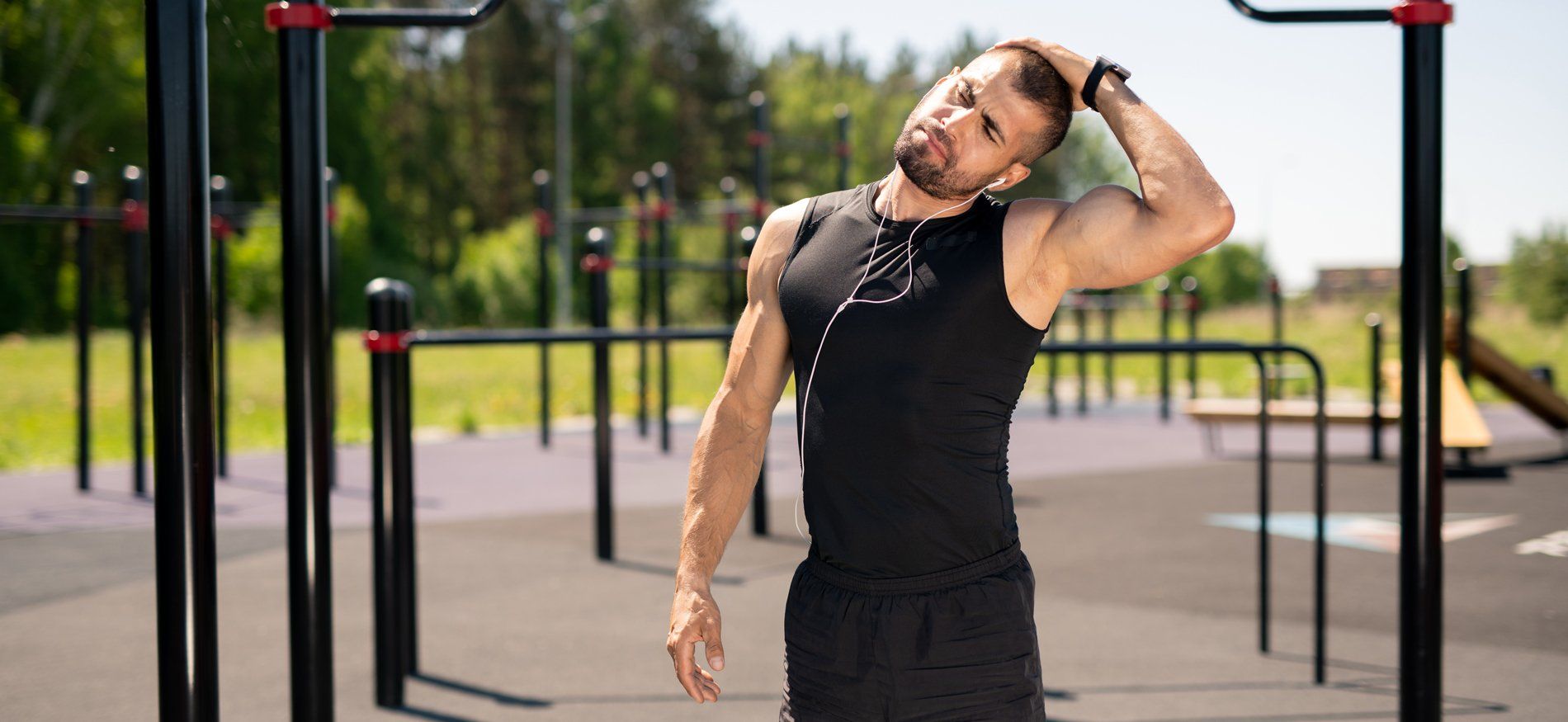Finding Relief for Mechanical Neck Pain: The Power of Manual Therapy & Exercises
Neck pain can be a frustrating and debilitating condition, impacting your daily activities and overall quality of life. One of the most common types of neck pain is mechanical neck pain, which is often caused by posture, muscle strain, or injury. While medication and rest can provide some relief, research has shown that a combination of manual therapy and targeted exercises can be an effective long-term solution for managing mechanical neck pain.

What is Mechanical Neck Pain?
Mechanical neck pain is characterised by pain, stiffness, and limited range of motion in the neck and shoulder area. It is typically caused by mechanical or structural problems in the neck, rather than underlying conditions like inflammation or nerve damage (Javanshir et al, 2017).
Some of the most common causes of mechanical neck pain include:
- Posture, especially during prolonged periods in a static position
- Muscle strain or spasm due to injury or overuse
- Degenerative changes in the cervical spine, such as osteoarthritis
- Trauma, such as a whiplash injury from a car accident
The Benefits of Manual Therapy
Manual therapy is a hands-on approach to treating musculoskeletal conditions, including mechanical neck pain. Skilled healthcare professionals, such as Physiotherapists or Osteopaths, use a variety of manual techniques to improve joint mobility, reduce muscle tension, and alleviate pain (Gross et al, 2015).
Some of the proven benefits of manual therapy for mechanical neck pain include:
- Improved range of motion: Manual therapy techniques, such as joint mobilisation and manipulation, can help restore normal joint and muscle flexibility, leading to an increased range of motion in the neck
(Gross et al, 2015).
- Reduced pain: Manual therapy has been shown to decrease pain levels in individuals with mechanical neck pain, often providing immediate relief
(Gross et al, 2015).
- Enhanced muscle function: Manual therapy can help relax tense muscles and improve muscle activation, which can in turn improve overall neck and shoulder function
(Javanshir et al, 2017).
- Faster recovery: Research suggests that the combination of manual therapy and exercise can accelerate the recovery process for patients with mechanical neck pain, compared to exercise alone (Gross et al, 2015).

The Importance of Targeted Exercises
While manual therapy can provide short-term relief, incorporating targeted exercises into your treatment plan is crucial for the long-term management of mechanical neck pain. Exercises that focus on strengthening the neck and shoulder muscles, as well as improving posture and flexibility, can help prevent future recurrence of the condition (Javanshir et al, 2017).
Some of the most effective exercises for mechanical neck pain include:
- Neck stretches: Gentle stretching of the neck and shoulder muscles can help improve flexibility and range of motion.
- Neck strengthening exercises: Exercises that target the muscles responsible for neck movement, such as the deep neck flexors and extensors, can help stabilise the cervical spine.
- Postural exercises: Exercises that focus on improving posture and alignment can help reduce the strain on the neck muscles and prevent future episodes of mechanical neck pain.
By incorporating both manual therapy and targeted exercises into your treatment plan, you can effectively manage your mechanical neck pain and improve your overall quality of life.



